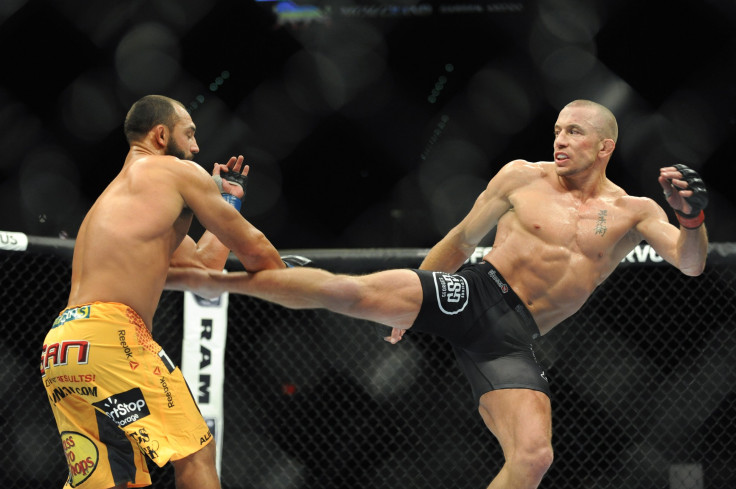Man Behind NBA League China Success Tests Asia For Ultimate Fighting Championship (UFC) League

Soccer, basketball, baseball and football leagues have all made their plays trying to court China’s huge market of potential fans. But the Ultimate Fighting Championship (UFC), the Las Vegas-based mixed martial arts events league, is taking a swing at China and other Asian nations as well.
There's no doubt that the NBA is one of the biggest Western leagues to ever flourish in the China market, and that's largely due to wildly popular homegrown basketball hero Yao Ming. Yao was drafted out of his Chinese league team as a first-round pick by the Houston Rockets. Since then, NBA fever spread like wildfire in the country.
Mark Fischer, an NBA former senior vice president and managing director for China, certainly had something to do with that. Fischer played a key role when viewership for NBA games in China and the rest of Asia increased. Now, Fischer is hoping to have a similar role when it comes to the UFC in Asia.
According to a report by Bloomberg Businessweek, Fischer, who is now the executive president of UFC, has been testing out various Asian markets in hopes of building a solid foundation of fans. This past weekend, UFC held an event between 18 fighters in Macau, considered the Las Vegas of the East and known for its opulent stores, shiny new casinos -- and hosting fights.
Considering many martial arts and combat sports -- including Taekwondo, karate, Muay Thai and wushu -- already exist all over Asia, the UFC wouldn't be much of a stretch. Fischer can already see the sport gaining popularity in Japan and, potentially, South Korea as soon as suitable venues are created.
Like in boxing, UFC draws a huge gambling crowd, which is why many of the fights are strategically showcased in casinos with lots of fanfare and hype. The glitzy environment is a large part of the sport. “It will happen,” Fischer says of finding the appropriate facilities. Malaysian and Chinese developers have already announced a $2.2 billion dollar investment in a new gambling hotel resort on Jeju Island, located off Korea's southern coast. In Japan, casino gambling is still illegal, but some progress was made when lawmakers considered its legalization.
“It will happen,” Fischer told Bloomberg Businessweek of UFC's Korea ventures. “We’re waiting for Godot, but he’s coming.”
© Copyright IBTimes 2025. All rights reserved.






















